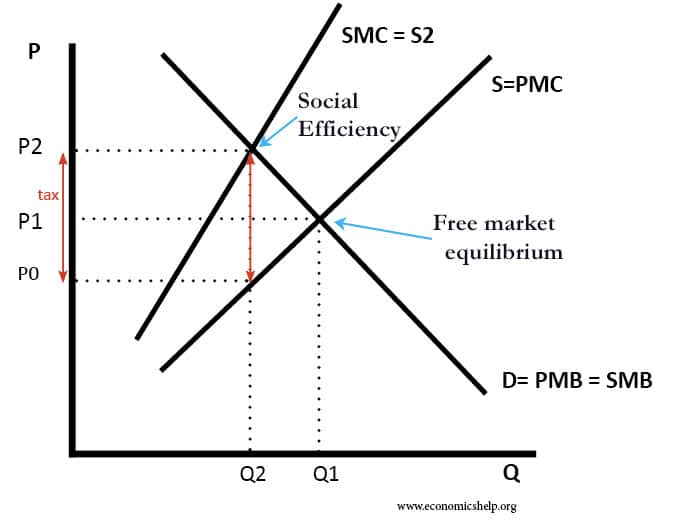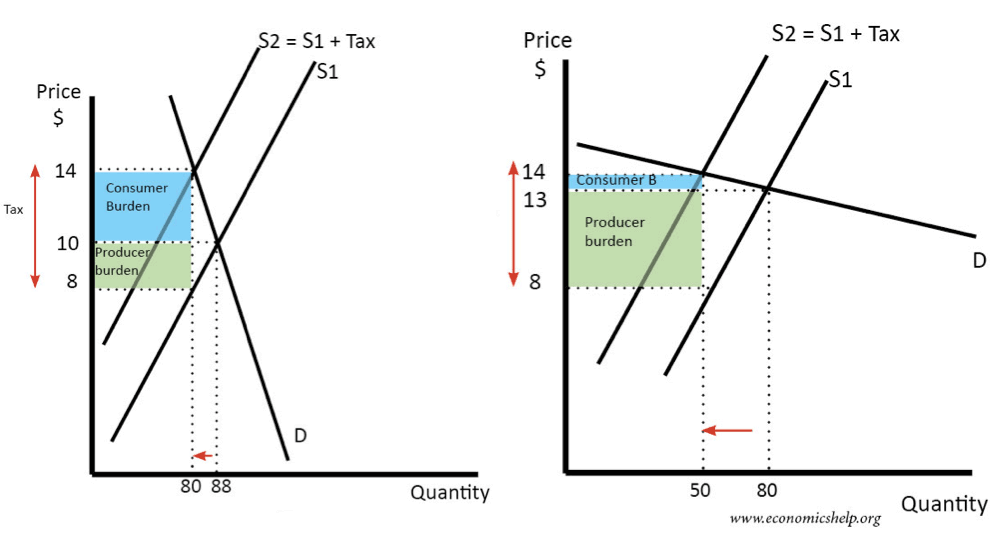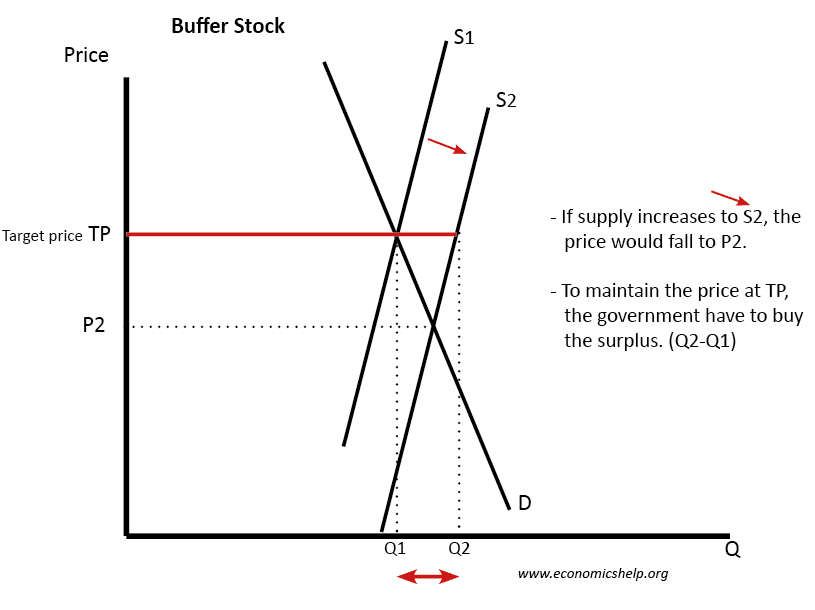“Nothing is so permanent as a temporary government program” – Milton Friedman
“Nothing is so permanent as a temporary government program.” Milton Friedman, “Tyranny of the Status Quo,” (1984) p. 115 Friedman was a free-market economist critical of government intervention. With this quote, he was making the point that government intervention can invariably lead to government failure and inefficient use of resources. One example, Friedman used was …



